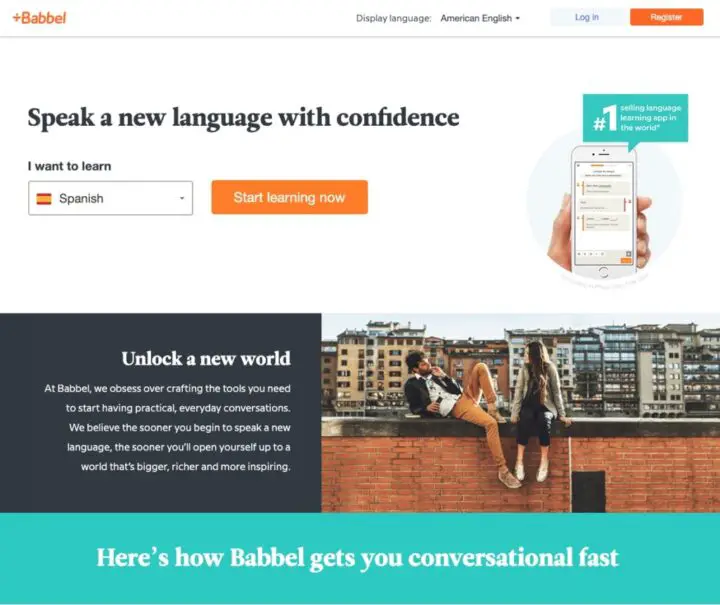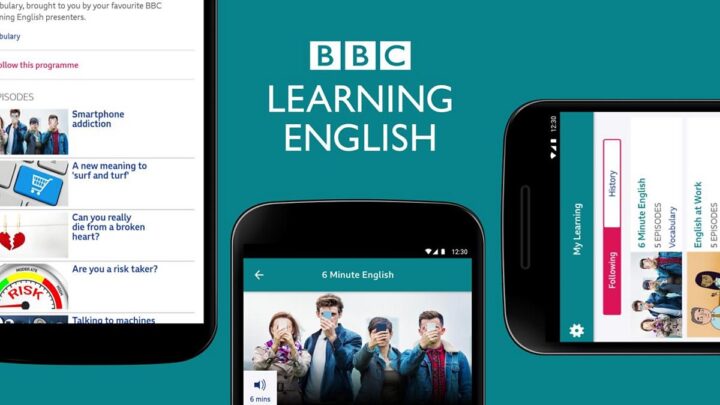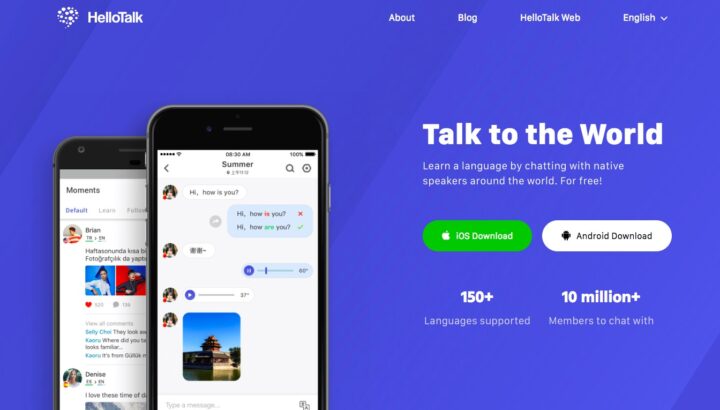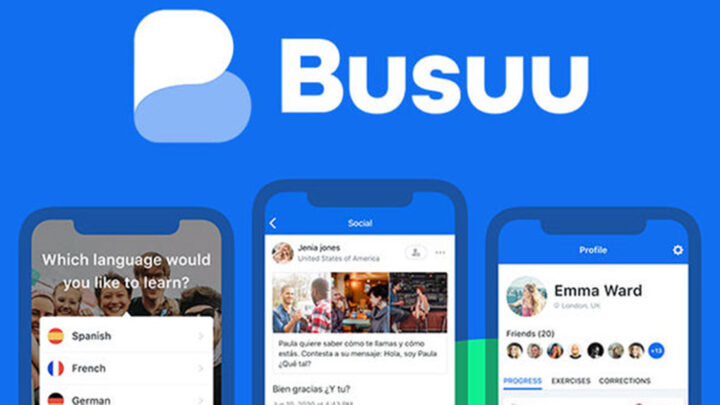English for Foreign Students: 7 Apps to Start With

Paperwork is something any soon-to-be foreign student has to face. However, it shouldn’t be the only thing on the to-do list. Remember: most likely, the classes will be taught in another language. Are you ready for this challenge?

While preparing for the trip, it’s more than easy to neglect dedicating time to English as a foreign language. Yet, it may backfire: students who do so may struggle to follow the material. That would be an awful surprise during anyone’s first week in a class abroad.
To avoid such a situation, consider the following 7 apps (in no particular order). They are considered as invaluable tools by the essay service experts from the EssayWritingService platform. But remember: no app can magically make your English impeccable. This achievement is unlocked only by hard work and dedication.
Duolingo

- Platforms: iOS, Android, web, Windows
- Cost: free, premium subscription available for $6.99 per month
This is, arguably, the most well-known language learning app out there. There’s a good reason why more than 300 million users have chosen it. It uses gamification and short interactive exercises (5-10 minutes) to teach grammar and vocabulary.
Although there’s a misconception that it’s suitable only for beginners, it’s far from true. At the beginning of using Duolingo, users are prompted to undergo language testing. Its results tailor lessons to the user’s current proficiency level.
Babbel

- Platforms: iOS, Android, web
- Cost: from €4.99 to €9.99 per month (the price depends on billing); 7-day trial available
This is the only paid app on the list, but it’s worth it. Babbel strives to boost users’ foreign language competencies with 15-minute lessons on vocabulary and grammar for everyday life. No over-the-top, unrealistic texts or dialogue lines: Babbel uses only real-life examples.
What’s more, this app also allows selecting the particular topics the learner is interested in. So, future foreign students can tailor their learning not only to their current level but also to their future needs.
BBC Learning English

- Platforms: iOS, Android, web
- Cost: free
Yes, that’s right: BBC isn’t only a world-renowned British news agency, it’s also the developer of several language courses for non-native speakers. The courses themselves are broken down into levels from Beginner to Advanced.
Moreover, there are pronunciation workshops, 6 Minute Grammar lessons, and quizzes available. All in all, this app is perfect for any foreign student preparing to embark on a journey to the UK or any other country where the British variant of the language prevails.
Coursera

- Platforms: iOS, Android, web
- Cost: free (time-limited access)
Anyone familiar with Coursera may be surprised to see it on the list. But it’s here for a good reason: it’s the hosting platform of a large number of English online courses.
It’s a perfect place to boost MOOC enthusiasts’ language skills. There are online courses for various levels of proficiency, too – so, it’s easy to find the right one.
Coursera isn’t the only MOOC platform where students can find courses for becoming more fluent in English. There are also Udemy, FutureLearn, and edX, among others. Consider checking in with them as well.
LearnEnglish Grammar

- Platforms: iOS, Android, web
- Cost: free
Developed by British Council, an international non-profit organization, this app has two versions: American and British English. As the name suggests, the app is focused on teaching grammar across four proficiency levels, from Beginner to Advanced.
Apart from the rules themselves, LearnEnglish Grammar has over 1,000 practice questions to offer, as well as interactive exercises to learn to put grammar to practice.
What’s more, British Council also has two other apps for English learners:
- Johnny Grammar Word Challenge for vocabulary and spelling practice;
- LearnEnglish Podcast for podcast enthusiasts out there.
HelloTalk

- Platforms: iOS, Android
- Cost: free, premium subscription available for $6.99 per month or $39.99 per year
What’s a better way to improve one’s English than by practicing it in real-life conversations? HelloTalk allows its users to do just that via audio and video calls or text chats.
Apart from being the doorway into one huge international community, the app proactively helps its users to get better at communicating in a foreign language, too. There are in-built tools for correcting mistakes, improving pronunciation, and translation.
Busuu

- Platforms: iOS, Android, web
- Cost: free, premium version available for €9,99 (€5,83 if billed annually)
Named after an endangered language, Busuu offers English-as-a-foreign-language courses for levels from A1 to B2. In-app lessons are intensive and well-balanced. Each of them includes new vocabulary, a dialogue, a writing practice exercise, speaking practice, and review.
Busuu also offers access to native English speakers for conversation practice for its premium subscribers.
In Conclusion: 5 Tips to Succeed at Learning English
As mentioned at the very beginning, any app is merely a tool for learning. Whether it is efficient or not is completely in the user’s hands.
Here are five tips to ensure your efforts in boosting English skills won’t be a waste of time:
- Overcome the fear of making a mistake. This is the number one reason why learners experience the language barrier. However, making mistakes is a part of the learning process, and it’s inevitable.
- Make it an everyday effort. Practice is only good if it’s regular enough. Set aside some time (preferably more than 15 minutes) in your schedule solely for this purpose.
- Remind yourself why it’s important. Motivation is key here. Without it, lessons become a burden – and, therefore, less effective. Bonus tip: learn to enjoy the process, too. (Try different methods to find the most pleasant one.)
- Balance working on speaking, writing, reading, and listening skills. Otherwise, you may be able to perceive foreign-language content without knowing how to express yourself in it. Think of reading and listening skills as the groundwork for writing and speaking, respectively.
- Learn to think in English. Starting a diary can help in achieving this (it’ll also boost writing skills in the process). Practice conversational English to make yourself fluent in the language, whether online or in person.
